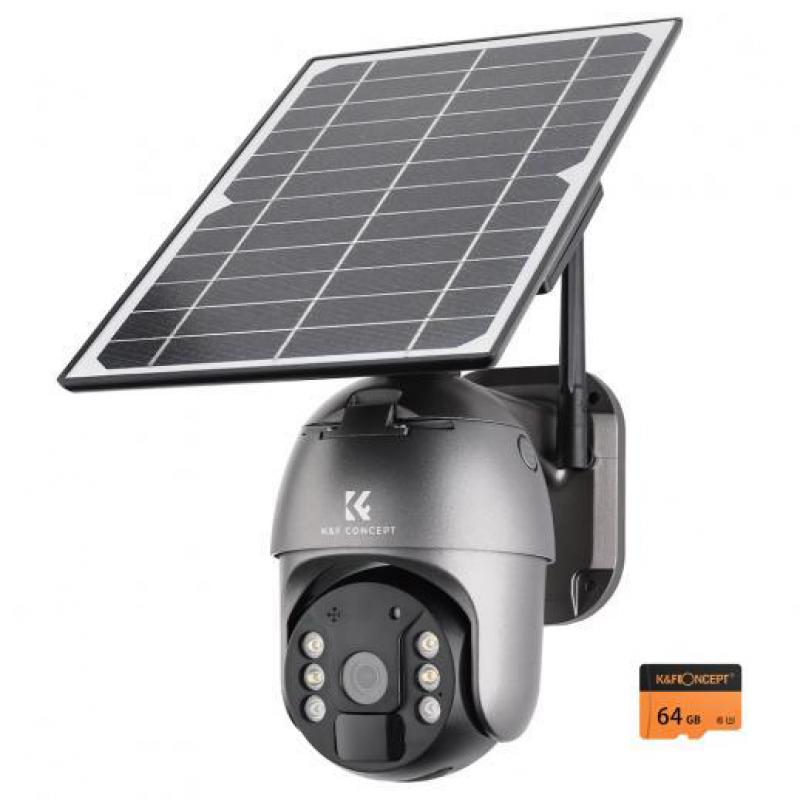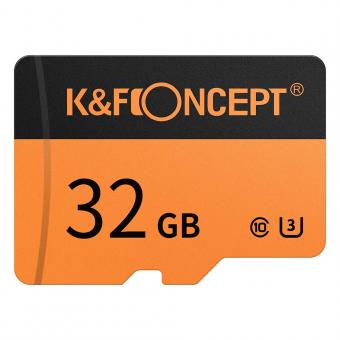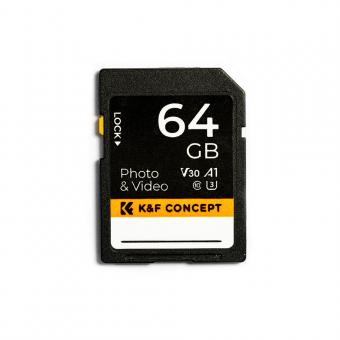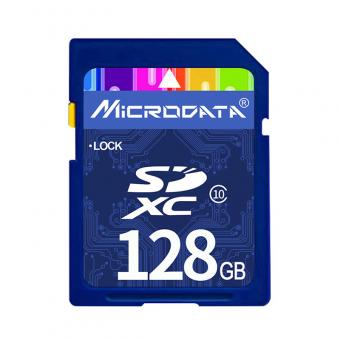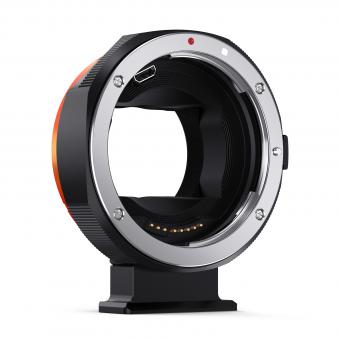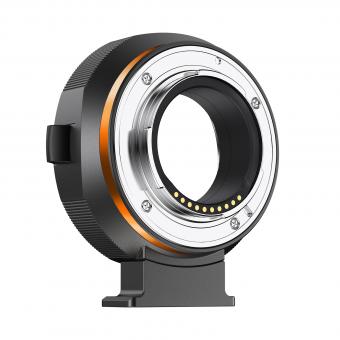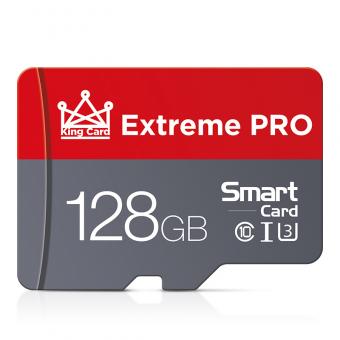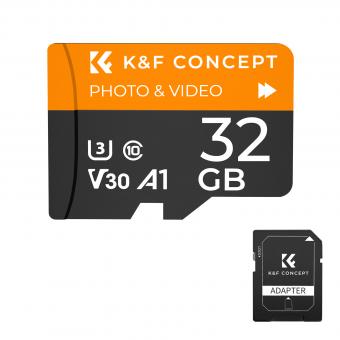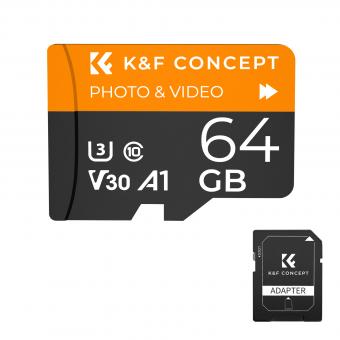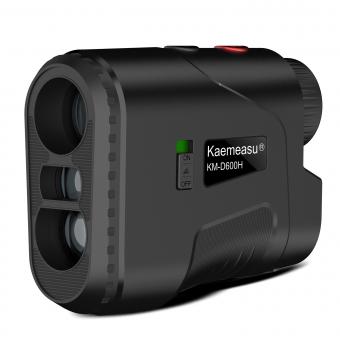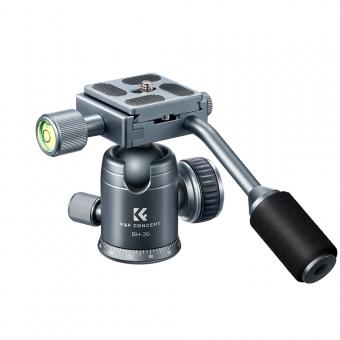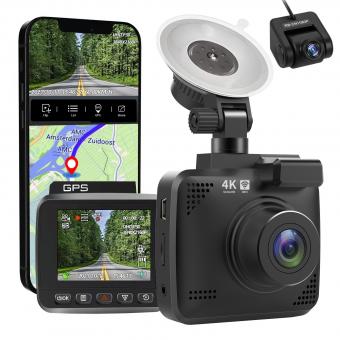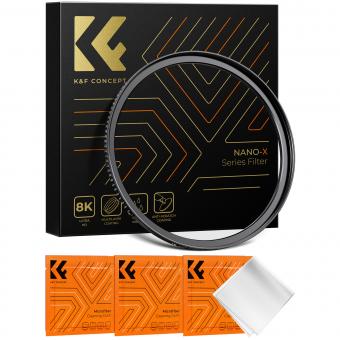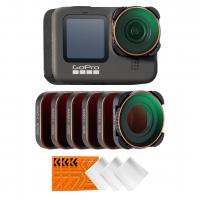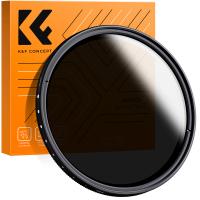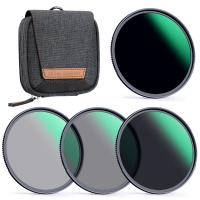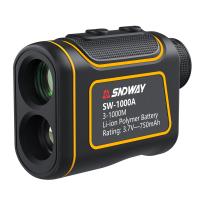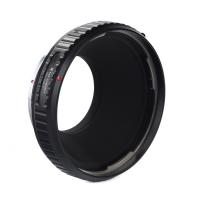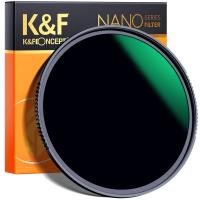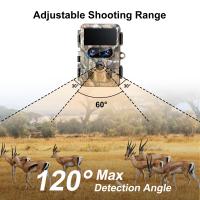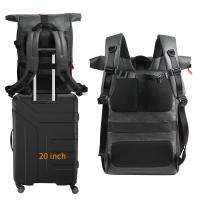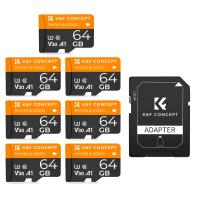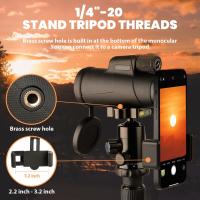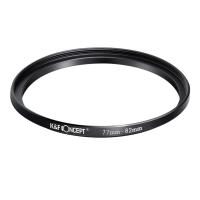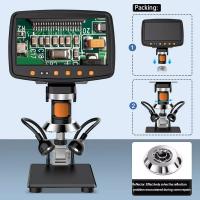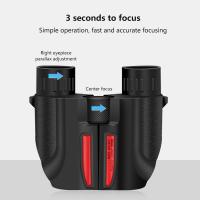What Internet Speed Is Needed For Security Cameras ?
The internet speed needed for security cameras depends on various factors such as the number of cameras, resolution, frame rate, and compression settings. Generally, for a single high-definition camera, a minimum upload speed of 1-2 Mbps is recommended. However, for multiple cameras or higher resolution cameras, higher internet speeds may be required. It is advisable to consult the specific requirements of the camera manufacturer or consult with a professional installer to determine the appropriate internet speed for your security camera system.
1、 Bandwidth requirements for security camera live streaming
The internet speed needed for security cameras and the bandwidth requirements for live streaming can vary depending on several factors. These factors include the number of cameras, the resolution of the cameras, the frame rate, and the compression technology used.
In general, for a single security camera, a minimum internet speed of 1-2 Mbps (megabits per second) is recommended for standard definition (SD) video streaming. However, with the increasing popularity of high-definition (HD) and ultra-high-definition (UHD) cameras, higher internet speeds are required. For HD video streaming, a minimum internet speed of 5-10 Mbps is recommended, while for UHD video streaming, speeds of 20 Mbps or higher may be necessary.
It is important to note that these are just general guidelines, and the actual bandwidth requirements can vary. For example, if you have multiple cameras streaming simultaneously, the total bandwidth required will be higher. Additionally, if you want to ensure smooth and uninterrupted streaming, it is advisable to have higher internet speeds than the minimum recommended.
Furthermore, the frame rate and compression technology used by the cameras can also impact the bandwidth requirements. Higher frame rates and less efficient compression technologies will require more bandwidth.
It is worth mentioning that advancements in video compression technologies, such as H.265 (HEVC), have made it possible to achieve higher video quality with lower bandwidth requirements. This means that even with limited internet speeds, you can still achieve good video quality.
In conclusion, the internet speed needed for security cameras and the bandwidth requirements for live streaming depend on various factors. It is recommended to consider the number of cameras, resolution, frame rate, compression technology, and the desired video quality when determining the appropriate internet speed for your security camera system.
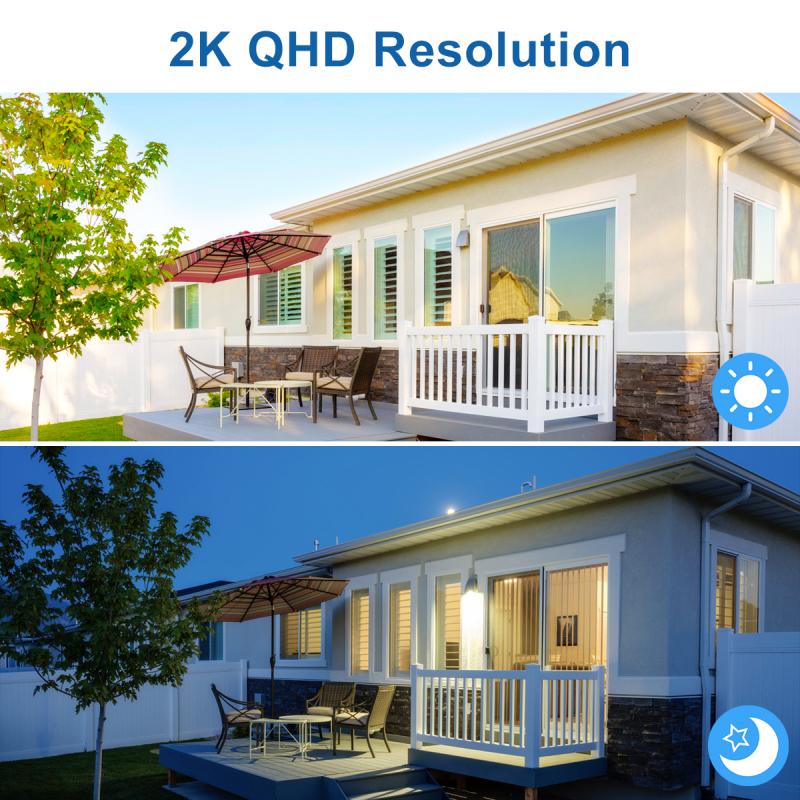
2、 Minimum internet speed for reliable security camera footage
The internet speed required for security cameras depends on various factors such as the number of cameras, resolution, frame rate, compression, and whether the cameras are connected locally or remotely. However, there are some general guidelines to consider when determining the minimum internet speed for reliable security camera footage.
For a single camera with standard resolution (720p) and a frame rate of 15 frames per second, a minimum upload speed of 1 Mbps is usually sufficient. However, if you have multiple cameras or higher resolution cameras (1080p or 4K), the required internet speed will increase accordingly. Higher frame rates and less compression will also require more bandwidth.
It's important to note that these are just minimum requirements for basic functionality. If you want to ensure smooth live streaming, quick access to recorded footage, and optimal performance, it is recommended to have higher internet speeds. A higher upload speed will also allow for better remote viewing and faster cloud storage backups.
Moreover, the type of connection can also impact the required internet speed. Wired connections generally provide more stable and reliable performance compared to wireless connections, especially when dealing with multiple cameras or high-resolution footage.
As technology advances, security cameras are becoming more sophisticated, offering higher resolutions and advanced features like facial recognition and object tracking. These advancements may require even higher internet speeds to ensure smooth operation and optimal performance.
In conclusion, while the minimum internet speed for reliable security camera footage can vary depending on several factors, it is recommended to have a higher upload speed to ensure smooth live streaming, quick access to recorded footage, and optimal performance, especially when dealing with multiple cameras or high-resolution footage.
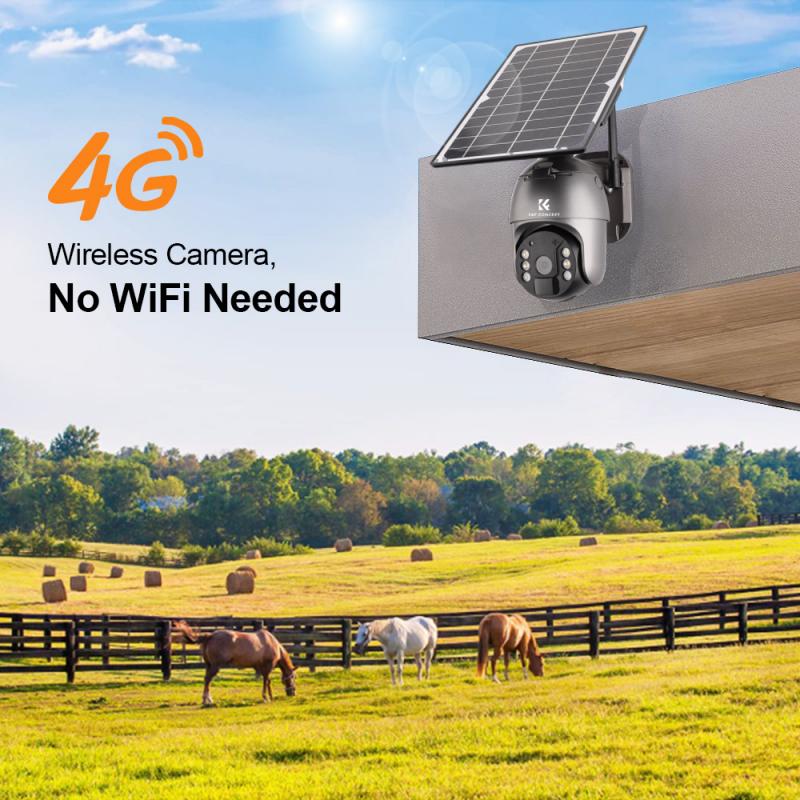
3、 Recommended upload speed for cloud-based security camera systems
The internet speed required for security cameras depends on various factors such as the number of cameras, resolution, frame rate, compression, and whether the system is local or cloud-based. For cloud-based security camera systems, the recommended upload speed is typically higher than for local systems.
Cloud-based security camera systems require a stable and reliable internet connection to transmit video footage to the cloud storage. The upload speed determines how quickly the video data is sent from the cameras to the cloud. Generally, a minimum upload speed of 2 Mbps per camera is recommended for standard definition (SD) cameras. However, for high-definition (HD) cameras, the upload speed requirement can range from 4 to 8 Mbps per camera, depending on the resolution and frame rate.
It is important to note that these are general recommendations and the actual requirements may vary based on the specific camera system and its settings. Some cloud-based security camera systems may have their own specific bandwidth requirements, so it is advisable to consult the manufacturer's guidelines or technical specifications for accurate information.
Moreover, advancements in video compression technologies, such as H.265, can help reduce the required bandwidth without compromising video quality. These compression techniques allow for efficient transmission of video data over the internet, reducing the upload speed requirements.
In conclusion, for cloud-based security camera systems, a recommended upload speed of at least 2 Mbps per camera for SD and 4-8 Mbps per camera for HD is a good starting point. However, it is essential to consider the specific requirements of the camera system and consult the manufacturer's guidelines for accurate information.
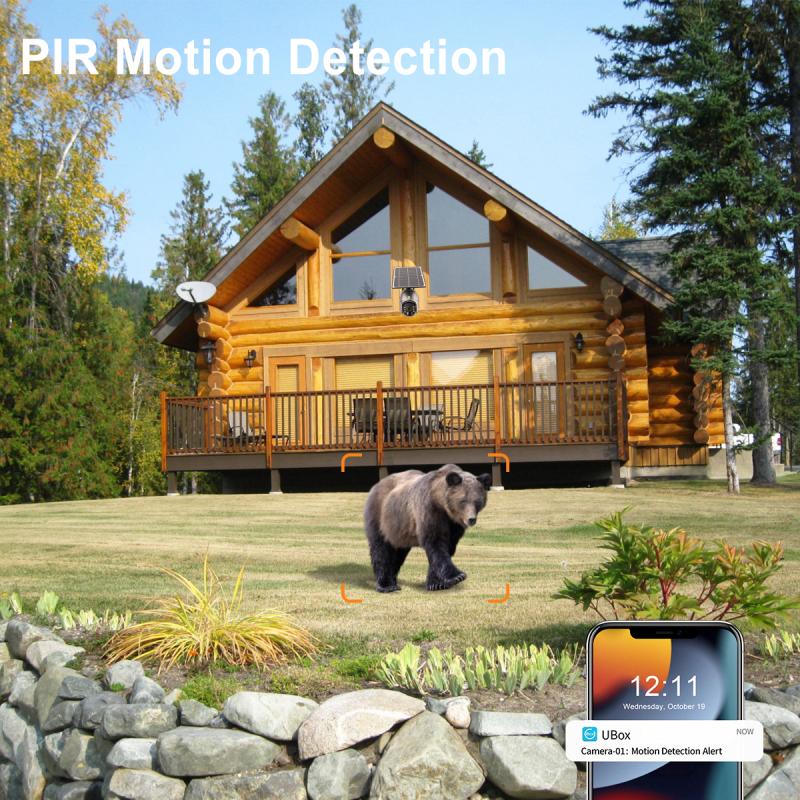
4、 Impact of internet speed on security camera video quality
The internet speed required for security cameras depends on various factors such as the number of cameras, resolution, frame rate, compression, and whether the cameras are connected locally or remotely. Generally, a higher internet speed will result in better video quality and smoother streaming.
For basic security camera systems with a few cameras and lower resolution, a minimum internet speed of around 1-2 Mbps (megabits per second) should be sufficient. This speed allows for standard definition video streaming and basic remote access.
However, as the number of cameras and resolution increases, so does the required internet speed. For high-definition (HD) cameras, a minimum internet speed of 5-10 Mbps is recommended to ensure smooth streaming and clear video quality. If you have multiple HD cameras or plan to stream multiple camera feeds simultaneously, a higher internet speed of 20 Mbps or more may be necessary.
It's important to note that these are general guidelines and the actual internet speed required may vary depending on the specific camera system and its settings. Additionally, factors such as network congestion, distance from the camera to the router, and the quality of the internet service provider can also impact the video quality.
In terms of the latest point of view, advancements in camera technology, such as higher resolution and frame rates, have increased the demand for faster internet speeds. With the rise of 4K and even 8K resolution cameras, internet speeds of 50 Mbps or more may be necessary to fully utilize the capabilities of these cameras and ensure high-quality video streaming.
Ultimately, it is recommended to consult with the camera manufacturer or a professional installer to determine the specific internet speed requirements for your security camera system, taking into account the number of cameras, resolution, and other factors.
